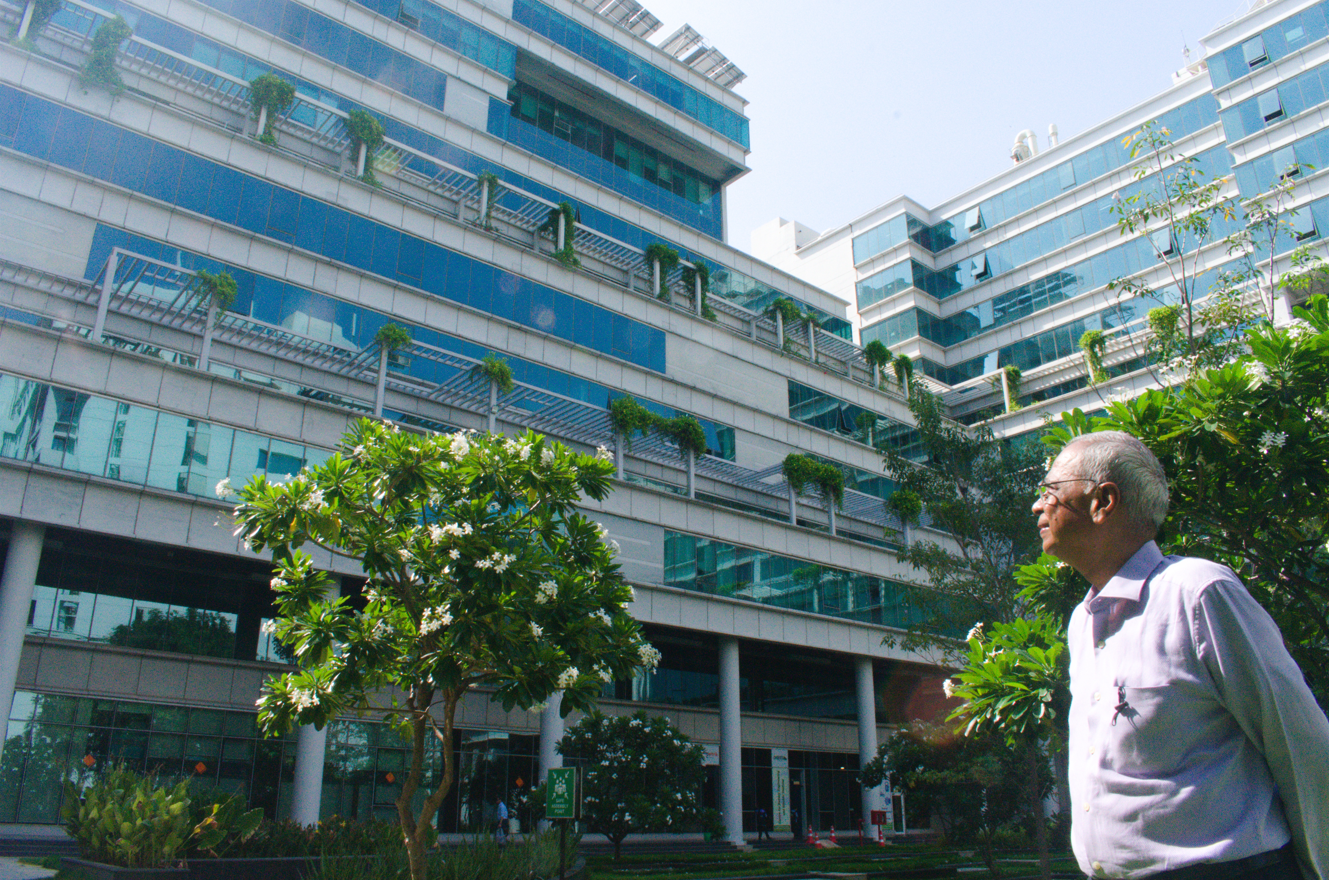
New Delhi: Highlighting the evolving dynamics of India's energy sector, Professor Ashok Jhunjhunwala, Chairman, IIT Madras Research Park, IITM Incubation Cell and RTBI, in his interview with ET Energyworld, emphasized the important roles of green hydrogen and the latest developments in solar technology. He outlined their crucial contributions in shaping the future of India's energy landscape.
Jhunjhunwala expects green hydrogen costs to fall significantly to around US$1.50 per kg by 2025, a crucial step towards the economic viability of decarbonising key industries such as steel, cement, ammonia and aluminium. “We need green hydrogen at the right price for the economy to function well,” he said, acknowledging the challenges and efforts required to reach this goal. While he recognized the potential of green hydrogen in manufacturing, he expressed reservations about its immediate viability in transportation, citing the growing trend toward battery storage.
On the technology front, Jhunjhunwala highlighted ongoing developments in electrolysis technology as pivotal to making green hydrogen production more efficient and cost-effective. He mentioned the contributions of companies such as Omium, which is working on PEM electrolysis, and the EH Group's focus on fuel cells. The upcoming Envision 2023 conference is scheduled to include presentations from CSIR laboratories showcasing key electrolysis technologies being developed in India, reflecting a vibrant research environment.
Discussing green ammonia, Jhunjhunwala pointed out its importance as a base for fertilizers and its potential as a means of storing and transporting green hydrogen. However, he stressed the need for further exploration to fully assess its capabilities and address the accompanying technological and infrastructural challenges.
Turning to solar energy, Jhunjhunwala stressed India's need to industrialize on a large scale to reduce dependence on imports, especially from China. He outlined the various stages of solar manufacturing, including polysilicon production, wafer and crystal growth, and solar cell manufacturing, and urged a strategic shift to enhance India's competitiveness in the sector.
Speaking about integrating renewable energy sources into the national grid, Jhunjhunwala stressed the importance of developing technologies for efficient transmission and distribution of electricity. He highlighted IIT Madras Research Park's focus on exploring and deploying large-scale energy storage solutions to ensure grid stability and reliability.
In the area of nuclear energy, Jhunjhunwala discussed the potential role of small nuclear plants in complementing India's energy mix and meeting the growing energy demand.
In conclusion, Jhunjhunwala emphasized the importance of higher education and skills development in preparing the workforce for the renewable energy sector, and highlighted initiatives such as SkillVeri for training in solar panel installation and maintenance. This comprehensive approach, which blends cutting-edge scientific research and practical skill-building, forms the cornerstone of India's path towards a sustainable energy future.



